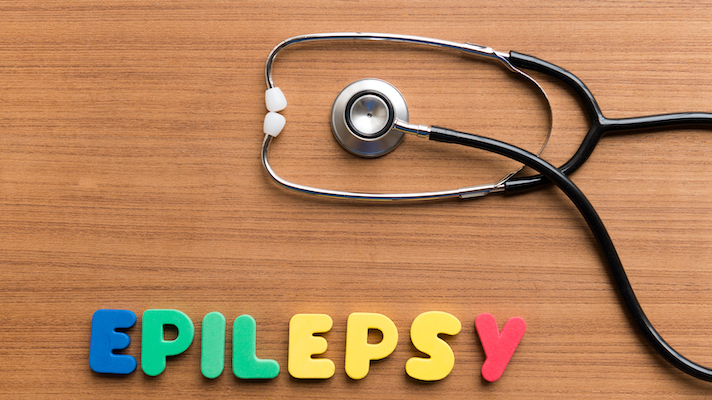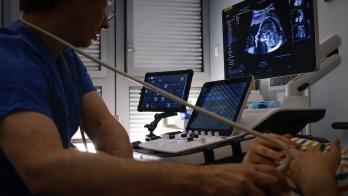
Pharmaceutical company UCB and DEARhealth, a disease management software company, are joining forces on a new initiative aimed at predicting health outcomes for patients with epilepsy. The pair will use DEARhealth’s platform, which integrates artificial intelligence with EHRs.
“This technology will ensure that specific subpopulations within epilepsy will all receive the specific care needed for their specific situation,” the companies wrote in a joint email Q&A to MobiHealthNews. “For example, a pregnant woman, who may need more labs, will get a standard set of monthly care irrespective of the physician they see. Physicians can then alter the pathway to address any additional needs. The patient platform enables the physician or care coordinator to push out specific information and capture instant feedback to monitor progress enabling early intervention.”
Currently the platform is being piloted for epilepsy. But in addition to gathering information through the EHR, it will also be able to gather information from patients.
UCB said that in this particular deal, it does not plan on measuring the outcomes of one medication, but rather to provide care across pain points.
“In the long term, we hope to be able to predict risk for patients and ensure that our portfolio of solutions (medication or otherwise) helps to mitigate that risk thus creating better outcomes for patients and their healthcare ecosystems,” the companies wrote. “Furthermore, the platform could allow the ability to launch additional innovation such as advanced clinical decision algorithms and wearables that improve care and provide additional data for further analysis.”
WHY IT MATTERS
Epilepsy impacts 3.4 million people in America. While the condition has been traditionally been treated using medications, the pharma world is now looking to digital technologies for to improve care in the future.
“Pharma companies are very used to long cycles of innovation with decade plus times to market whereas digital companies are comfortable in minimum viable product, rapid iteration and quick changes in their product,” the companies wrote. “In order to produce the best medicines, pharma companies need to deeply understand a disease state across multiple aspects in a very comprehensive way. These partnerships marry the best of what both biopharmaceutical and digital companies can offer to create patient impact in a way that is not possible independently.”
THE LARGER TREND
This isn’t the first time that UCB has worked on a digital initiative to support patients in epilepsy. In 2017 the pharma company collaborated with Partners Health to develop a digital platform called RefleX. The platform gives facts about medication price, insurance coverage and side effects.
At the time, the partners stressed the importance of incorporating epilepsy patients into their process.
“It was providing something very simple. Just the names of the medication, the costs, what can you expect from it,” Matt Schumacher, agility enablement lead at UCB, said at the time. “I think if we had sat down over a table and decided what we were going to provide it would have been a lot more bells and whistles and craziness to it. And when we think about the 'why' behind this, it was really around epilepsy.”
But epilepsy isn’t the only condition that the pharmaceutical company has teamed up with digital partners to address. In November of 2018, UCB tapped Verint Systems, a customer engagement company, to create an app for patients with Parkinson’s disease. The app, called PD Coach, includes an AI assistant named April that can communicate with users either by text or speech.
ON THE RECORD
"At UCB we are committed to helping patients living with epilepsy understand their options and make choices that allow them to reach their ideal," Mike Davis, head of the US Neurology Patient Value Unit at UCB, said in a statement. "This starts with supporting the patient-clinician relationship at the center of patient care. Tools like DEARhealth incorporate valuable educational and support materials into the [EHR] where they can be accessed by the clinician as part of a comprehensive patient care dialogue. This has the potential to change the way that patients and health care providers interact and encourage patients and their caregivers to play a more informed role in their treatment."




















